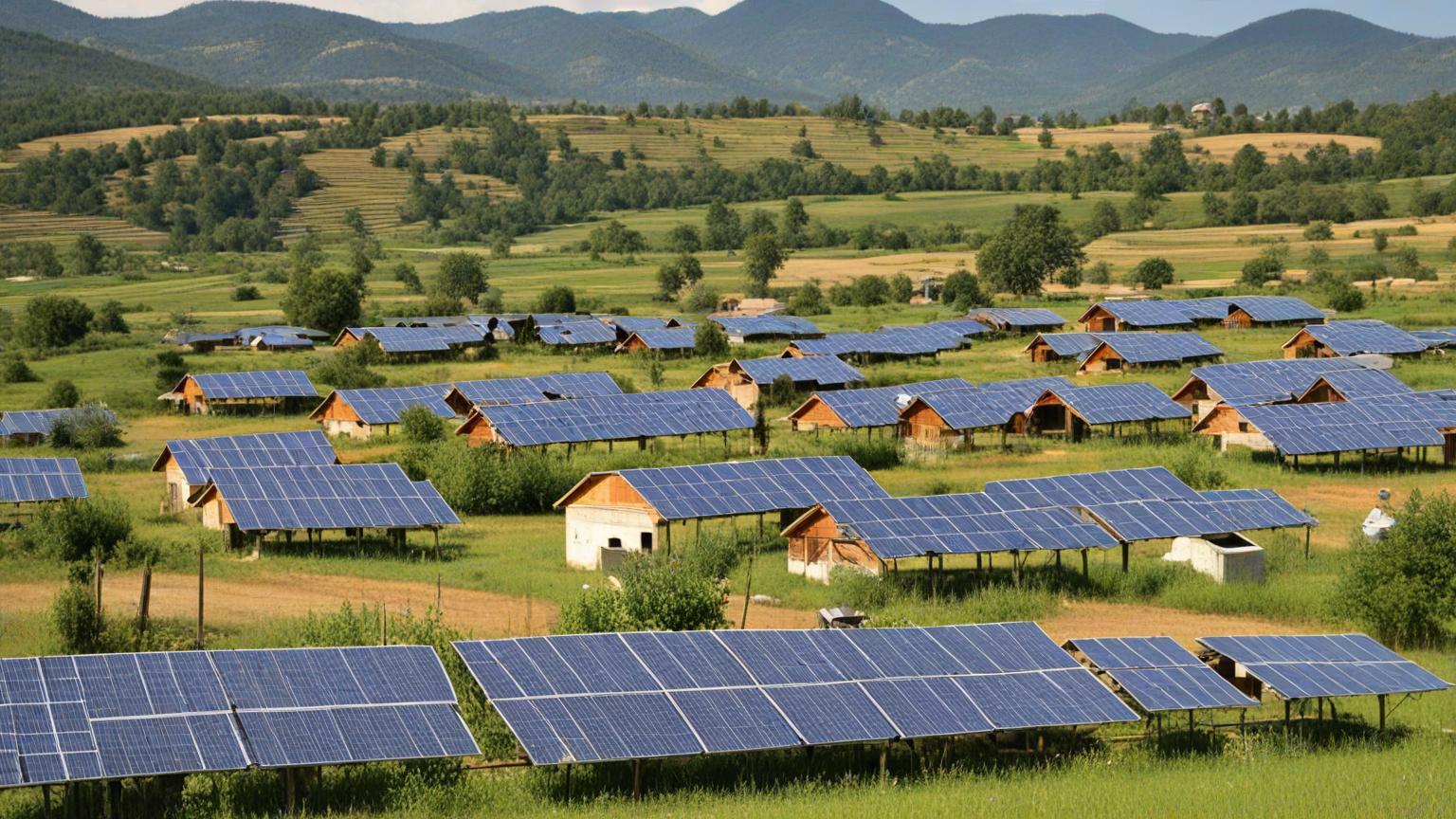For generations, rural areas have been painted with the brush of bucolic serenity; fields stretching far beyond the horizon, dotted with tractors and the sweet smell of freshly turned earth. But in recent years, a quiet revolution has been brewing across these landscapes. Solar energy, once seen as the domain of futuristic cityscapes and well-off suburban neighborhoods, is making significant inroads into the countryside, bringing with it a cascade of economic and social change.
Perhaps nowhere is this transformation more striking than in regions traditionally reliant on agriculture and small-scale industry. Here, solar installations are providing new opportunities for farmers to diversify income streams, reducing reliance on unpredictable farming revenues. By leasing portions of their land to solar developers, or by investing in solar panels for self-generation, farmers are discovering an additional crop of sorts—electricity—which requires no water, no fertilizer, and no tractors.
Moreover, the incentives offered by governments to promote renewable energy have catalyzed this growth, as subsidies and feed-in tariffs make solar not just an attractive but an essential economic option. But it’s not just about boosting income. The stability offered by a solar revenue stream allows for reinvestment into farms or communities, translating funding into better equipment, superior methods, and ultimately, a higher quality of life.
Solar energy is not only contributing economically but is also reshaping the social fabric of rural communities. As local installations grow, so do the opportunities for job creation—a much-needed boon for areas often suffering from youth outmigration. New employment opportunities in installation, maintenance, and administration are keeping young adults closer to home, letting them build careers without having to move to urban centers.
In this light, it's also worth noting the increasing importance of solar cooperative movements. By allowing communities to invest collectively in solar projects, cooperatives are reinforcing social bonds and providing a shared stake in future prosperity. They democratize access to renewable energy, ensuring not only the largest farms benefit but also smaller landowners and even residential communities.
With economic changes, environmental benefits follow. The transition to solar reduces dependency on fossil fuels, contributing not only to local anti-pollution measures but also global climate goals. The drop in carbon footprints across rural landscapes adds a new facet to the agricultural community—the stewardship not only of land but of the broader environment.
Of course, challenges remain in this solar revolution. Initial setup costs can be a barrier despite long-term savings, and there is still resistance from traditional sectors wary of change. Some communities face logistical issues such as grid connectivity or adequate sunlight hours in certain geographical locations.
But the optimism is palpable. What we're witnessing is the incipient stage of a grand reshaping of the rural economy, with solar energy at its epicenter. As more communities adapt and overcome the early growing pains, it becomes easier to envision an egalitarian energy future no longer dominated by large corporations but by decentralized, localized grids.
If the rhythm of rural life has been characterized by the steady plod of farm machinery, then solar energy carries the promise of a new beat—a seamless and sustainable force that echoes throughout the golden valleys and rolling hills. This new chapter in rural economies is being penned not in distance from the sun but in its close embrace, ensuring these communities not only survive but thrive in a rapidly changing world.
The quiet revolution: solar energy's role in transforming rural economies

